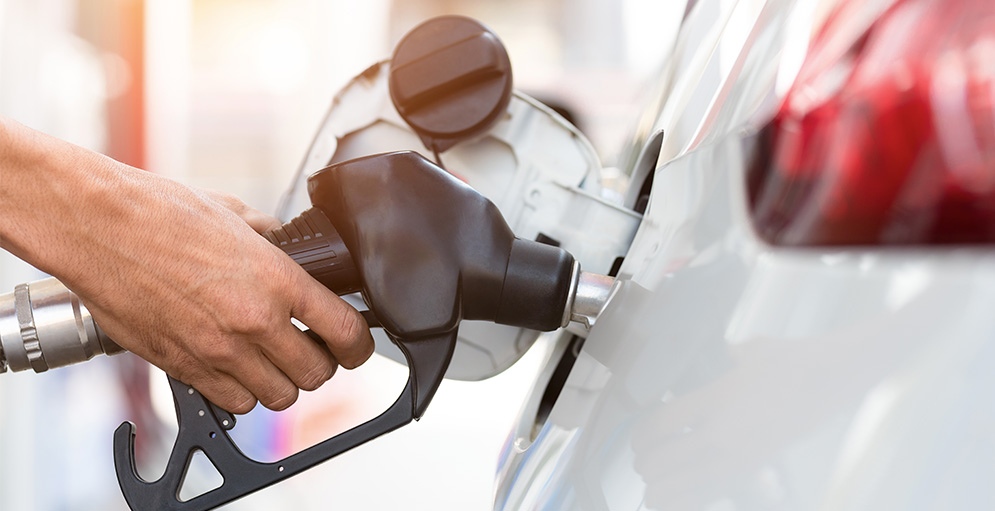As the world turns its attention towards more sustainable, environmentally friendly solutions in all aspects of life, a transformative step in this journey is the ambitious plan to ban the sale of petrol and diesel cars by 2035. With question marks surrounding the ban, let's take a look at what it could mean for you...
This move aims to accelerate (excuse the pun) the transition to cleaner, more eco-friendly transport options, to help reduce greenhouse gas emissions.
In this article, we’ll take a look at the rationale behind this decision and the potential benefits it holds for the future of our planet…
The UK government has set a target of reducing emissions by 78% by 2035 and the move towards cleaner transport is a way to help reach that goal …





























